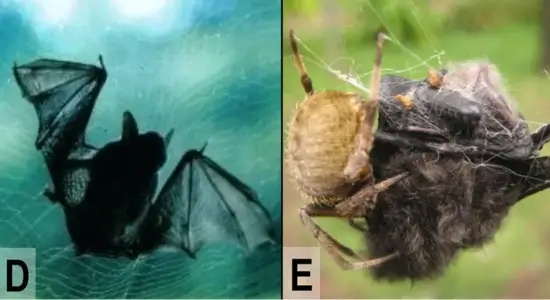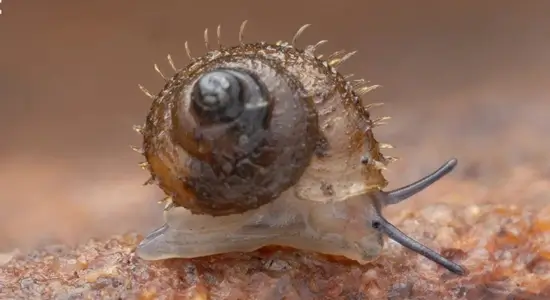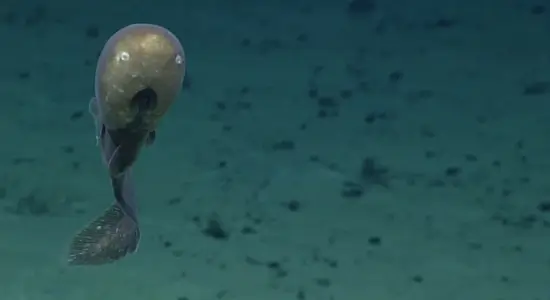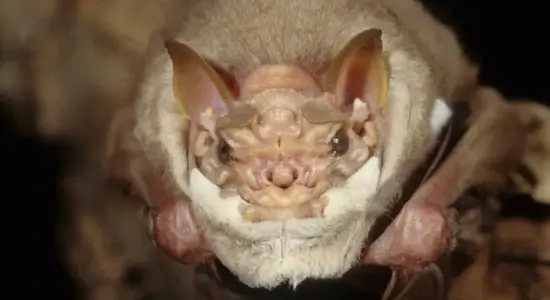For many people, the concept of bioengineering seems like a product of modern science—a futuristic blend of biology and technology only possible with today’s knowledge. But a groundbreaking discovery has revealed that humans were capable of creating hybrid animals as far back as 4,500 years ago.
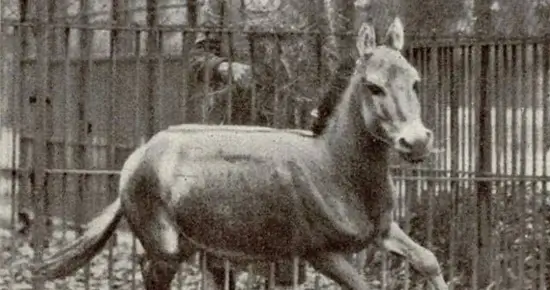
Researchers from the Institut Jacques Monod in France studied ancient DNA samples from 25 animal skeletons unearthed in 2006 at an elite burial site in Tell Umm el-Marra, located in northern Syria. These animals, once thought to be horses, turned out to be something far more extraordinary—a hybrid species known as The Kunga.
At first, the remains puzzled archaeologists. Historical records indicate that horses did not arrive in Mesopotamia until around 500 years later, so the presence of horse-like bones raised many questions. For over a decade, researchers debated the origin of these animals—were they simply donkeys or a now-extinct breed?
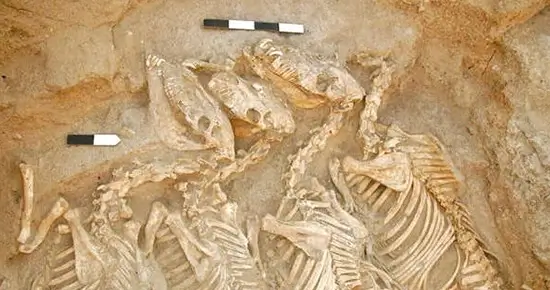
In 2022, scientists finally unlocked the mystery by conducting DNA analysis. By comparing the ancient genomes to those of modern donkeys and the Syrian wild ass (an animal extinct in the wild today), they confirmed that the Kunga was a hybrid created by breeding a female donkey with a male Syrian wild ass.
This intentional crossbreeding shows a deep understanding of animal genetics and selective breeding—thousands of years before the term “genetics” even existed. Unlike mules (a horse-donkey hybrid), Kungas were sterile, meaning they couldn’t reproduce on their own. They had to be deliberately created by human hands, proving that the ancient Mesopotamians engaged in an early form of bioengineering.
Kungas were not just scientific curiosities—they played a significant role in society. These animals were used for pulling chariots, in ceremonial processions, and likely symbolized wealth and status. Only the elite could afford these rare hybrids, as breeding them required capturing and taming wild asses—an extremely difficult task.
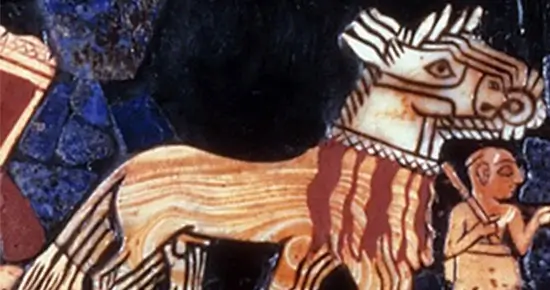
The discovery doesn’t just change our view of ancient science—it rewrites the timeline of human understanding of genetics and selective breeding. Far from being primitive, early civilizations like those in Mesopotamia demonstrated remarkable sophistication in controlling and shaping the natural world to meet their needs.
If you’re fascinated by ancient discoveries and strange-but-true science facts, don’t forget to bookmark our website. We bring you surprising and well-sourced stories that prove truth is often stranger—and more amazing—than fiction.
ref : science

